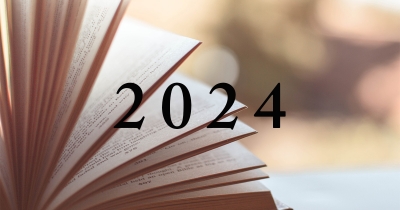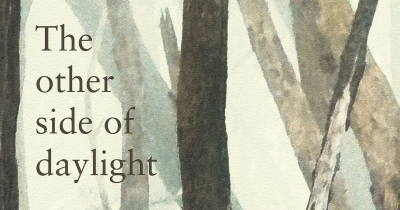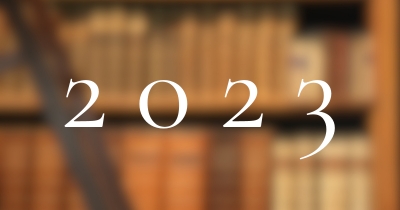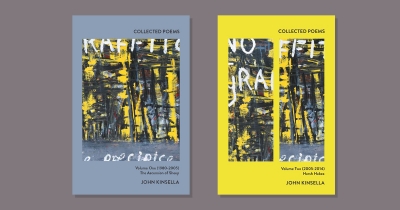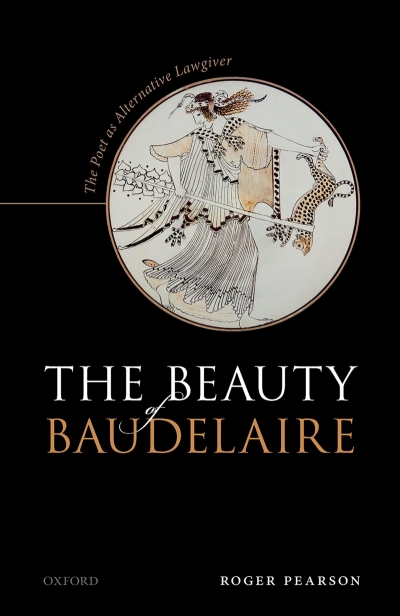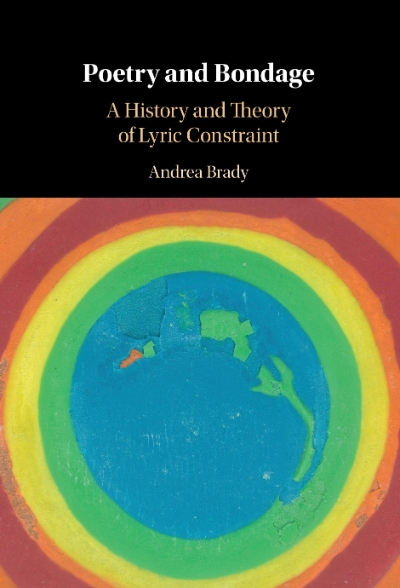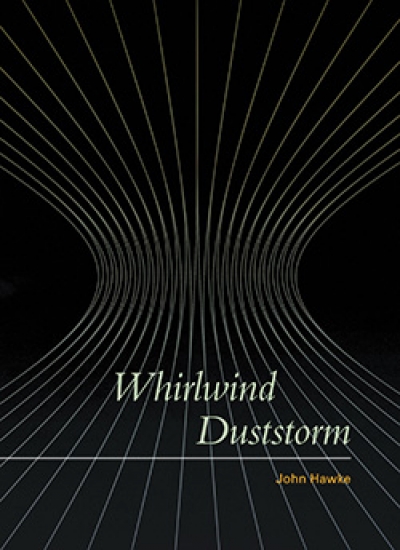John Hawke
The Other Side of Daylight: New and selected poems by David Brooks
What the authors of these three wildly different books share is a gift for creating through language a kind of intimacy of presence, as though they were in the room with you. Emily Wilson’s much-awaited translation of The Iliad (W.W. Norton & Company) is a gorgeous, hefty hardback with substantial authorial commentary that manages to be both scholarly and engaging. The poem is translated into effortless-looking blank verse that reads like music. The Running Grave (Sphere) by Robert Galbraith (aka J.K. Rowling), the seventh novel in the Cormoran Strike crime series and one of the best so far, features Rowling’s gift for the creation of memorable characters and a cracking plot about a toxic religious cult. Charlotte Wood’s Stone Yard Devotional (Allen & Unwin, reviewed in this issue of ABR) lingers in the reader’s mind, with the haunting grammar of its title, the restrained artistry of its structure, and the elusive way that it explores modes of memory, grief, and regret.
... (read more)Collected Poems by John Kinsella & Collected Poems by John Kinsella
'Circle of Fifths', a new poem by John Hawke
... (read more)The Beauty of Baudelaire: The poet as alternative lawgiver by Roger Pearson
Poetry and Bondage: A history and theory of lyric constraint by Andrea Brady
This is one of the times you won’t remember.
You are lying side by side with your father
as the radio murmurs, a ghost wind shifting
from magnet to magnet that does not ...


